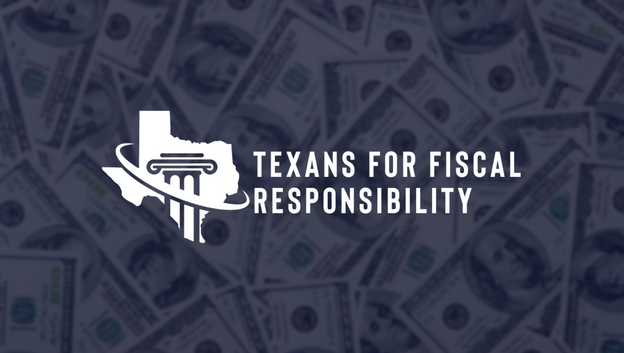
In late January, news broke that Samsung is seeking a 100 percent tax rebate from the City of Austin for more than 20 years in exchange for building a $17 billion facility within its borders.
As more continues to unfold concerning the proposal, Texans for Fiscal Responsibility highlights three things both taxpayers and policymakers should know about the technology giant.
Samsung is a Large, Profitable Company
The world’s largest information technology company, chipmaker, and consumer electronics maker, Samsung ranked 19th on Fortune’s most recent list of the world’s largest companies by 2019 revenues. And in 2020, Samsung did even better despite the Chinese Coronavirus.
“Samsung Electronics has reported its fourth-quarter earnings, confirming that the company made more money in 2020 than the year before despite the challenges of the COVID-19 pandemic. Operating profit was up to 35.99 trillion won ($32.1 billion) off 236.81 trillion won ($211.5 billion) in revenue for the year, increases of 29.6 percent and 2.78 percent respectively.
Samsung says its fourth-quarter results were helped by its “company-wide efforts to ensure a stable supply of products and services globally” in the pandemic environment. Quarterly profit was up 26.4 percent year-on-year, largely driven by the display and memory businesses, though the latter was down quarter to quarter.”
Samsung is Allied with Democrats and Identity Movements
Politically, Samsung has been allied largely with Democrats as well as the policy aims of GLBT and Black Lives Matter activists. In 2018 the company joined a group of companies in boycotting Fox News’s Tucker Carlson over his comments critical of illegal immigration. In July of 2020, Samsung celebrated “Pride Month” by “ hosting a week-long content series on Instagram, dedicated to educating its audience on the significance of each color in the Pride flag.” As Samsung further notes, “The topic was even more relevant after the 2018 redesign of the flag (reimagined to include five new colors: white, pink, blue, black, and brown) was widely adopted by the movement this year.”
In 2020, 67.8 percent of their political action committee’s donations went to Democrat lawmakers. Meanwhile, individuals within the company donated nearly four times as much to Joe Biden’s campaign as they did to Donald Trump.
But despite having a physical presence in Plano and Austin, Samsung has been largely quiet politically in Texas. Campaign finance records show no donations from its affiliated PACs to state lawmakers and show only a single lobby contract of between $10,000 and $25,000 with Jerry Strickland, Abbott’s former head of the Texas Office of State-Federal Relations.
The company did, however, come out in opposition to Republican-proposed religious liberty legislation in 2015 by signing on to the Texas Competes pledge, which advocates for workplaces to be “welcoming” to individuals who identify as GLBT.
“We believe that in order for Texas businesses to compete for top talent, we must have workplaces and communities that are diverse and welcoming for lesbian, gay, bisexual, and transgender people,” reads part of the Texas Competes pledge.
Sponsored by other big corporations, Texas Competes organized resistance to religious liberty legislation as well as the Texas Privacy Act by conjuring dubious studies showing economic devastation if Texas were to prevent city governments from micromanaging business’s bathroom policies.
Both Republican and Democrat Activists Oppose Tax Abatements
Opposition to the very tax carve out that Samsung is seeking is embedded in the platforms of both of the state’s main political parties.
Texas Democrats’ platform calls for “eliminating tax loopholes and unproductive special breaks, to simplify the tax system and provide revenue for essential services.” Meanwhile, the Texas Republican Party Platform explicitly states the GOP “[supports] repealing Tax Code Chapter 313 school property tax abatements.”
TFR’s Position
Rather than allot Samsung a special deal, lawmakers should see the company’s request as further evidence property taxes for every homeowner and business are too high. Instead of picking winners and losers, lawmakers should focus on delivering relief to everyone.




